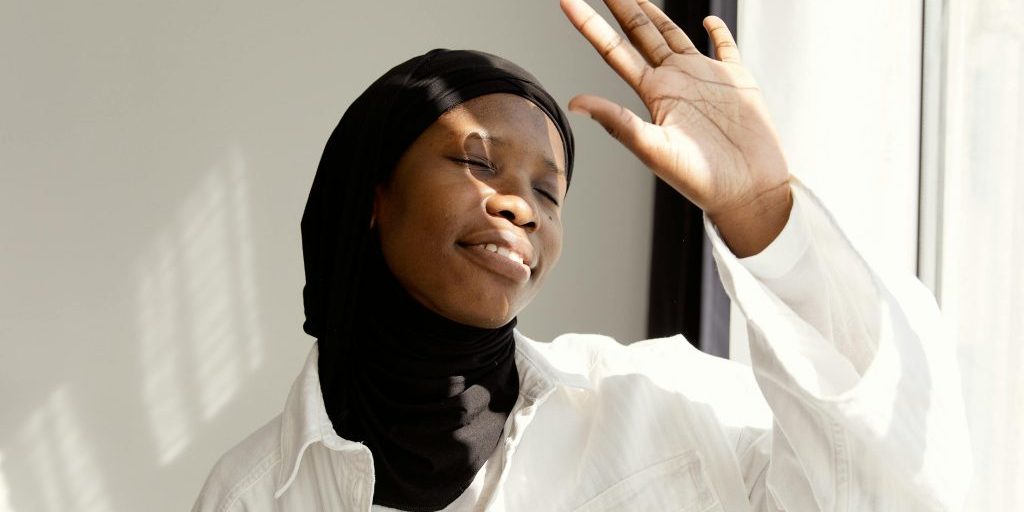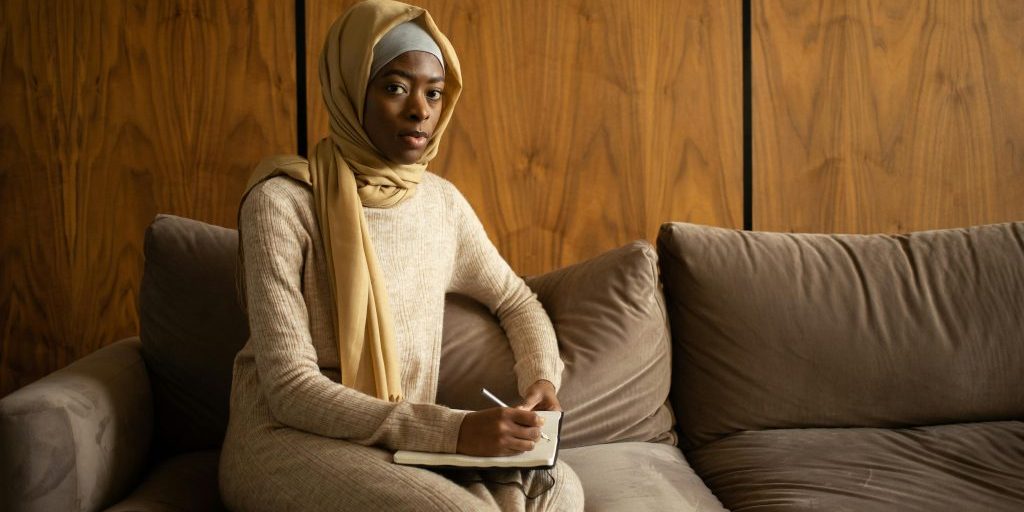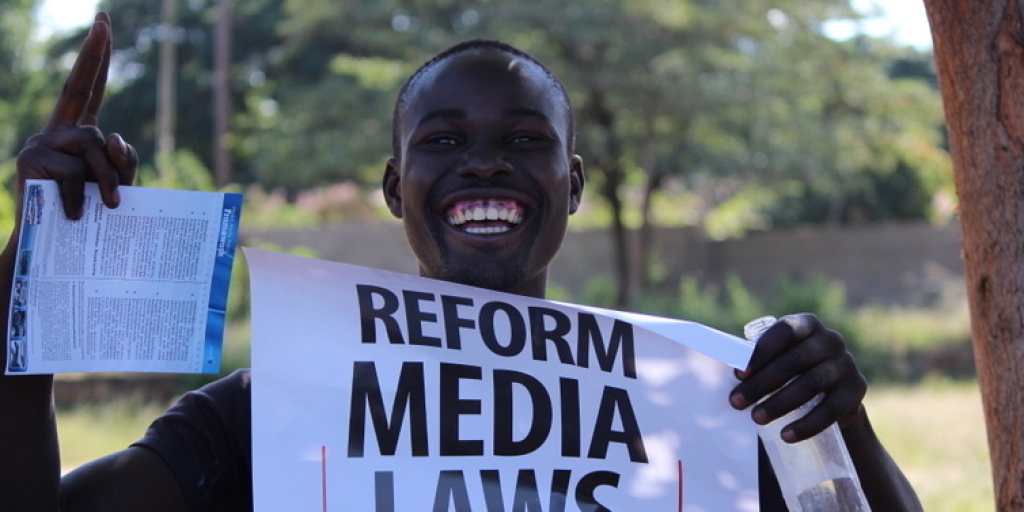What we’ve learnt while creating an activist fellowship programme
In November 2024, Quote This Woman+ (QW+) was awarded just over 60 000 Canadian dollars by the Canada Fund for Local Initiatives to launch and run a fellowship programme for South African change-makers.
This is an idea we have been working on for nearly all of the five years of QW+’s existence. With the financial support to finally turn our ideas into reality, we were over the moon.
Just over a month later – the small team at QW+ can’t quite believe what we’ve pulled off; in getting our fellowship active before the end of 2024. As I write this, we are preparing for the first live webinar in which our 33 successful fellows will meet each other ‘in person’ for the first time.
The recruitment process – which sought civic leaders and activists from rural and lowest-income communities – brought 144 applicants. All of them were amazing. In the end, we selected a group of women+* who span seven out of South Africa’s nine provinces, and who are engaged in crucial activism in their communities.
Why are we doing this?
QW+ came up with the idea of a woman+centric communication and advocacy fellowship because we know that the voices of women+ change-agents are consistently excluded from the stories told by all forms of South African media – from podcasts to TV news to print.
When their voices are ignored, women+ perspectives have no influence over policies. They are excluded from how we shape our social norms. We also know that it’s downright hard, as a woman+, to speak up and speak out in a manner that journalists will listen to
For many change agents, a combination of language, culture, religion and family expectations reinforce an unconscious belief: that it is better to step back and let somebody else speak instead. And this is the issue that we’re working hard to address.
For established women+ experts on the QW+ database, we offer media training that starts with the inner work around deep-seated personal narratives. The QW+ Voices 24/25 Fellowship Programme is an extension of that work to the grassroots level.
We aim to enable a new cohort of fellows to confidently use their voices in the media, in their communities, and on social media platforms. And to speak up against entrenched patriarchal narratives without faltering – even when what they have to say is uncomfortable, unpopular, or shatters long-held, patriarchal taboos.
We believe that as this fellowship gathers momentum, we will see women+ from the margins being more visible in the media. We’ll see an increase in women+ leadership – and uniquely women+ leadership styles. And we’ll see a normalisation of women+ in decision-making roles.
What we hope to co-create with our first cohort of fellows
We’ve designed (and are still designing) a training curriculum which incorporates digital-first communication skills, a community of practice, mentors, and an advocacy project. We, the QW+ team, hope to learn with our fellows. We’ll do our best to adapt our curriculum as we go along. And we commit to working through these three lenses:
- Personal agency: Our programme sets out to build the skills, confidence, and resilience women+ need if they are to challenge patriarchal power structures and hold the powerful to account
- Ongoing support networks: We know that speaking out comes with costs, and risks. Our lasting gift to the cohort will be their online community of practice, supporting each other as they continue their work beyond the fellowship
- Reframing mainstream news: There are currently more than one thousand media practitioners across Africa and the rest of the world, who receive QW+ media alerts – highlighting notable women+ voices able to speak to trending news. As we introduce our fellowship cohort to these reporters, we help ensure that much needed perspectives from grassroots communities get platformed front and centre in mainstream news.
We knew at the outset that there would be challenges, which we identified in our initial consultation process:
Accessibility:
We’ve designed the programme to be accessible to busy women+ in rural and low-income communities, who may have limited access to technology and connectivity. We’re using asynchronous learning via online modules, accessible from a tablet: even from a smartphone, in a push. This approach allows fellows to work in their own time, and is the least data-hungry learning method available to us.
We’re also using WhatsApp extensively and have chosen Google Classroom as our learning platform. We will assess and adjust as we go, based on understanding whether all this works in our participants’ lives. (We are also offering bursaries to cover data, some devices, and stipends for childcare.)
Linked to accessibility is the issue of our learning happening only in English. We are conscious that South Africa’s colonial history has left deep imprints on how we learn, sidelining African languages and privileging English as the dominant medium of discourse.
Our budget, generous as it is, does not reach to multi-medium instruction. We will have to find our way forward with this, though frankly, we don’t know how, just yet. What we do know is that we want each person to feel supported, whatever their home language.
Safety:
QW+ will co-create, with the cohort, a safety risk matrix and a security plan. We do not underplay the importance of ensuring each fellow is safe when they speak up as a human rights defender in an increasingly alt-right world.
Psychosocial support:
We’re aware that stepping into new roles as voices of power requires an often-uncomfortable look into the shadows of the past. Especially if we are to confront those moments where we lost our inner confidence. Or where we felt the least resourced in terms of personal power.
We have made provision to link fellows with trained counsellors, if needed. And we’re helping the cohort work out how best to support each other, along this journey.
All that said, we are starting this fellowship knowing one thing for certain: that there are multitudes we still need to learn about running a fellowship of this sort. In fact, right now, we can’t even try to estimate how much we don’t know.
Just like our amazing first cohort, QW+ is going to be learning every step of the way. We’ve found some amazing mentors to help us run online training that spans diverse communities and environments. And we will be asking for more help as we go along (if you’re an expert in this field, please get in touch!)
We believe that the pertinence of this fellowship is largely thanks to the gender-based analysis that the Canada Fund for Local Initiatives supported us through, in our funding application process.
This analysis made us think deeply about the impact for women vs men vs boys vs girls, of being heard in the media. And also about how other identity factors – other signifiers of othering – influence people’s experiences in speaking up to hold power to account. This allowed us to look, beyond gender, at sexual orientation, disability, poverty, and distance from urban hubs, as some of the many factors that, like gender, lead to marginalisation.
The Canadian Embassy’s support each step of the way has been wonderful – and of course we could not be doing this without their funding support.
We are so excited to be on this learning journey!
- Magrobi is the Founder and Director of QW+. Read more about her here
- The plus in women+ means they are people who live with disabilities, older people, rural women, women from cultural or religious minorities and those with different sexual or gender identities




